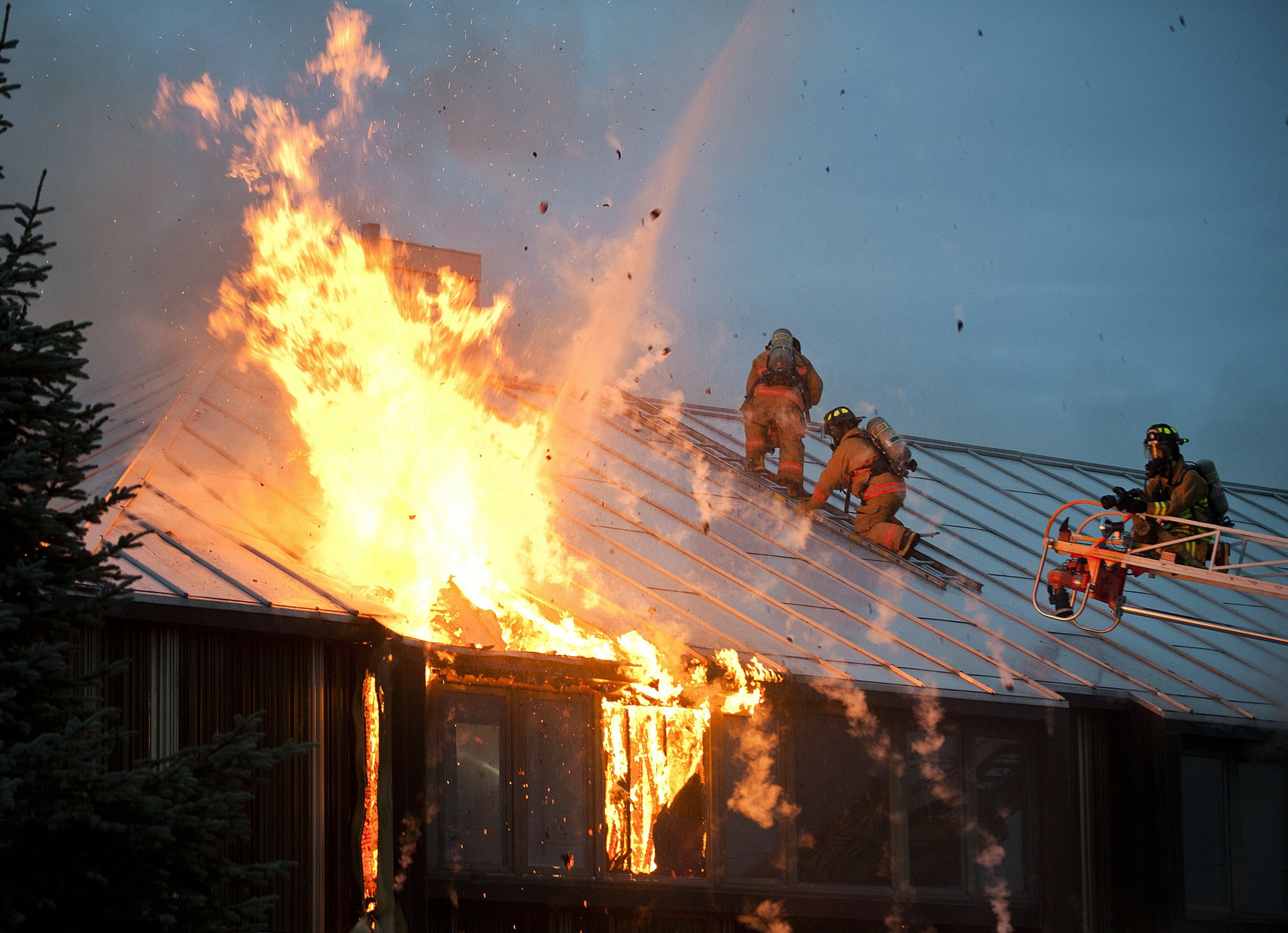
25 Jul Changes for deductions for casualty losses
Photo: pixabay.comQ. We are rebuilding our home, which was completely destroyed because of a fire. Insurance won’t cover the entire cost so we are paying out of my 401(k) plan for some of it. I heard the new tax law changed what I can deduct on the loss. Can you explain?
— Rebuilding
A. We’re sorry to hear about your home.
We’re also sorry to say you may not be able to get much help on your tax return – unless you do some maneuvering.
You didn’t say when the fire happened, and that’s important.
If you suffered damage to your home or personal property last year, you may be able to deduct these “casualty” losses on your 2017 federal income tax return – if you are on extension, said Matthew DeFelice, a certified financial planner with U.S. Financial Services in Fairfield.
He said you may even be able to file an amended return for the losses if they occurred in 2017.
“However, the Tax Cuts and Jobs Act suspended this deduction for the years 2018 through 2025, except for losses due to an event officially declared a Federal disaster by the President of the United States,” DeFelice said.
A “casualty” is considered a sudden, unexpected or unusual event, such as a natural disaster – hurricane, tornado, flood, earthquake, etc. – fire, accident, theft or vandalism. A casualty loss does not include losses from normal wear and tear or progressive deterioration from age or things like termite damage, he said.
If the loss occurred in 2017, DeFelice outlined the rules for taking the deduction on your 2017 return.
In how much you can deduct, your loss is generally the lesser of your adjusted basis in the property before the fire (typically, the amount you paid for it), or the decrease in fair market value of the property as a result of the casualty, he said. This amount must be reduced by any insurance or other reimbursement you have received or expect to receive, he said. If the property was insured, you must have filed a timely claim for reimbursement of your loss.
Then there’s the $100 rule.
“Once you have determined the amount of your loss on personal-use property, you must reduce that loss by $100,” DeFelice said. “This reduction applies to each casualty loss event during the year. It doesn’t matter how many pieces of property are involved in an event.”
Next, the 10 percent rule.
You must reduce the total of all your casualty losses on personal-use property from the fire by 10 percent of your adjusted gross income (AGI), DeFelice said.
“In other words, you can deduct these losses only to the extent they exceed 10 percent of your AGI,” he said.
Also, don’t miss this primer on how to recreate documents lost in a fire.
Email your questions to Ask@NJMoneyHelp.com.

